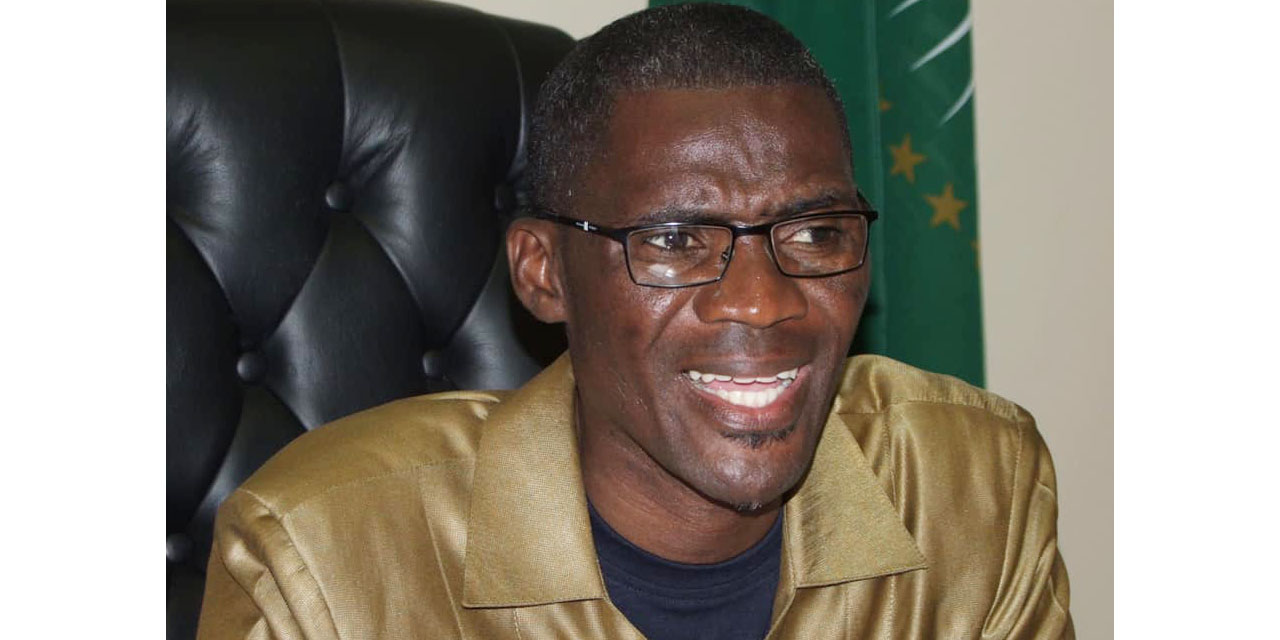Martin Endjala
The Ministry of Agriculture, Water Land and Reform has announced that it will be extending its livestock drought mitigation measures to affected farmers in the Kunene region and parts of the Erongo and Omusati regions with effect from 1 July 20223 to 31st December 2023.
This was announced by the Ministry’s Executive Director Ndyakupi Nghituwamata last week in a statement, the Ministry will also provide a livestock support programme to drought-stricken regions of Omaheke, Hardap and //Karas for six months from 1 July 2023 to 31 December 2023.
This is in alignment with Cabinet decisions issued at the 7th decision-making meeting last year.
The interventions include livestock marketing incentives, subsidies for transportation of livestock to and from grazing areas as well as subsidies for the lease of land.
Speaking to the Windhoek Observer was the Omusati region Governor Erginus Endjala who said that since 2019 the region has not recovered from the severe drought given the low rainfall, adding that the extension of livestock drought relief by the Ministry of Agriculture, Water Land and Reform is a very welcome initiative, which indicates clearly that government is heading their call for drought relief for farmers.
“Some parts of the region where grazing used to be conducted, have truly been destroyed by the lack of rain. The mitigation measures for livestock and grazing couldn’t have come at a more opportune time,” said Endjala.
Although he welcomed the initiative, the Governor also called on the private sector to come on board and help where they can, particularly in regions that are affected by the drought.
The Governor was, however, quick to express his excitement upon hearing the announcement by the MAWLR, as he lamented that the burden of farmers has been lifted with the livestock support programme which will be rendered to them by the government.
This will not only help them to graze healthy livestock but also be able to market their livestock and make ends meet, which will contribute to the region’s sustainable development in terms of economic growth.
When it comes to the livestock support programme, the Governor noted that this support will be very crucial for farmers who wish to transport their livestock to identified areas of grazing or vaccination and so forth given how expensive livestock transportation is.
Farmers will also be advised on how much to sell their livestock as compared to how cheap they were selling them which was never enough to sustain their production such as buying fodder and fuel or to sustain their immediate families.
“I, therefore, urge all farmers to utilise this opportunity and follow all the necessary requirements to obtain this support from the ministry and those who are already receiving such support should ensure that they look after their livestock and adhere to the rules of this programmes so that they can optimally yield the intended results,” stressed Endjala.
Furthermore, Farmers in the Kunene Region have endured a prolonged drought which resulted in heavy livestock losses and made crop production a mammoth challenge to face.
The Environmental Investment Fund of Namibia in conjunction with MAWLR has since implemented a five-year project (2019-2024), funded by the Green Climate Fund, aimed at reducing vulnerability and building the resilience of smallholder farmers to cope with the negative effects of climate change in Kunene region.
The Ministry of Agriculture in collaboration with EIF has so far facilitated the handover of 425 goats to 20 vulnerable farmers, of which 12 are female. Each farmer received 20 female goats and one male goat.
The value of these goats is estimated to be N$900 000 including a starter pack of remedies that each farmer received.
The handover also included the drought relief fodder consisting of grass, lucerne and licks valued at N$1.2 million.
This fodder was distributed to more than 2 500 farmers as part of the IREMA project’s interim intervention in supporting farmers to cope with the devastating and prolonged drought experienced in the region.




